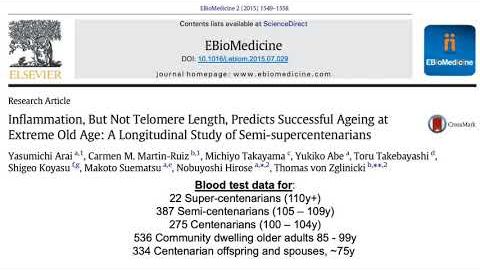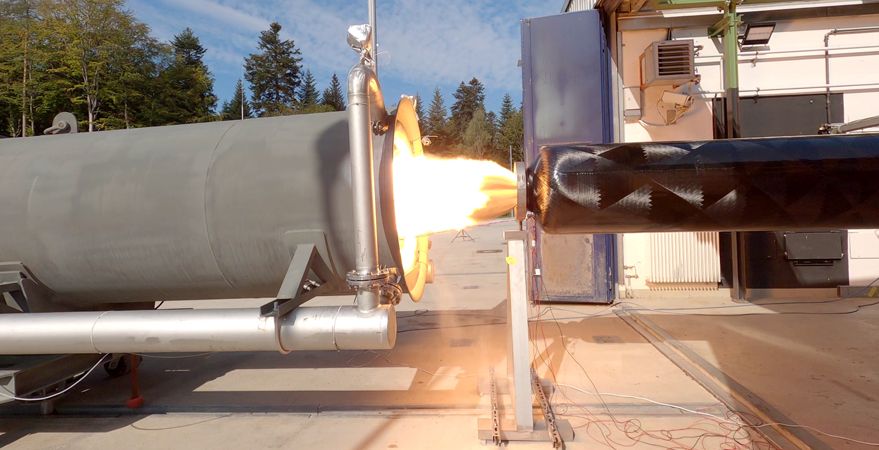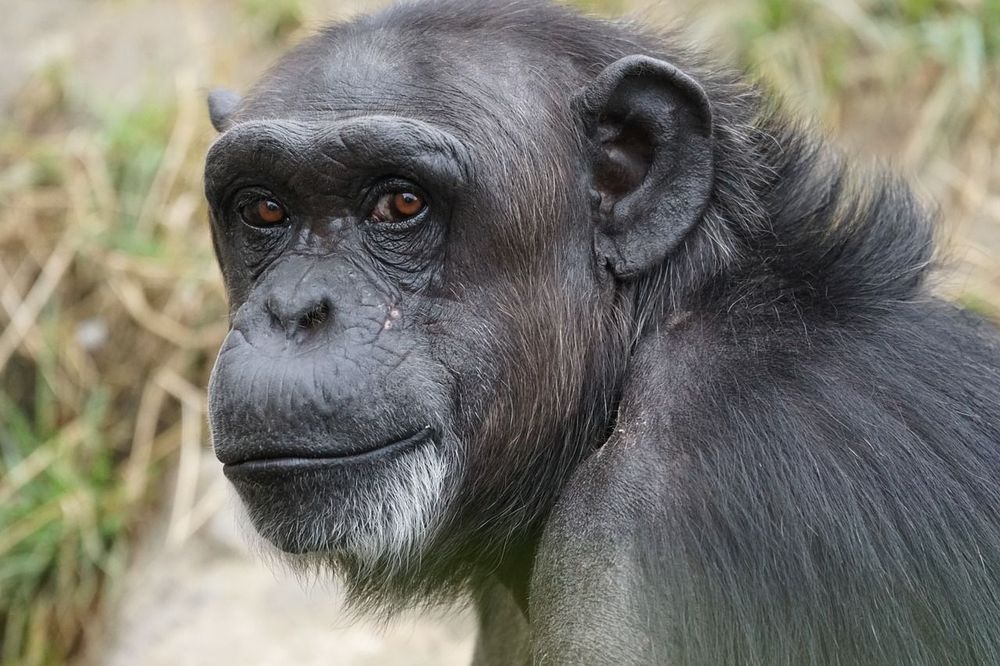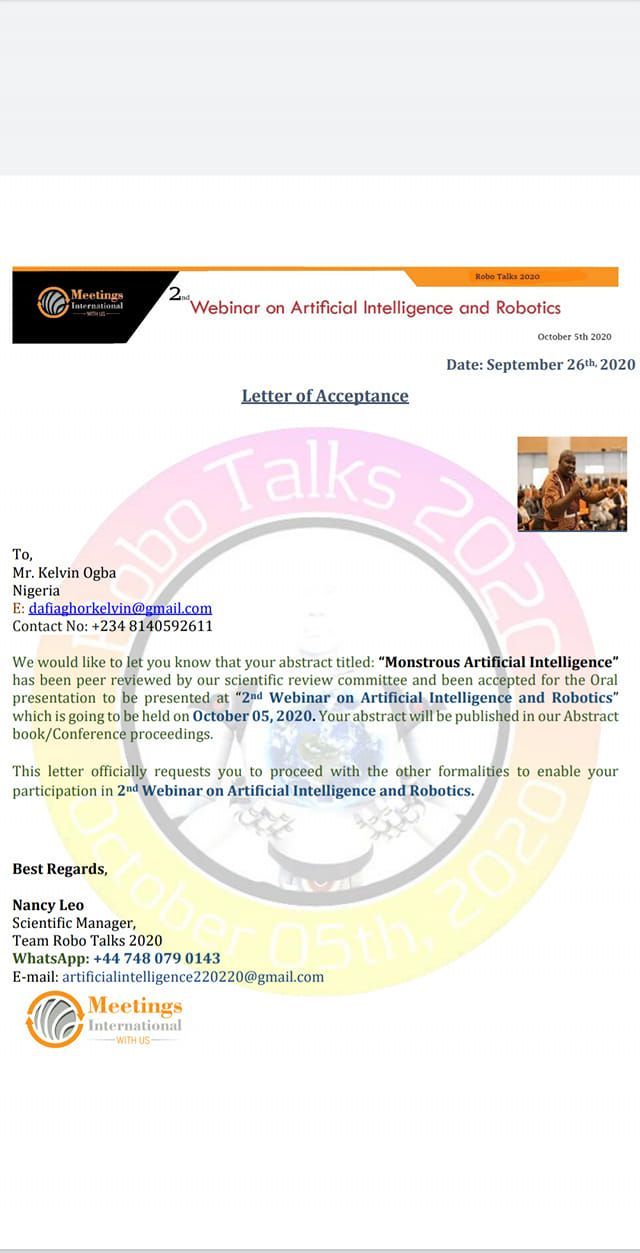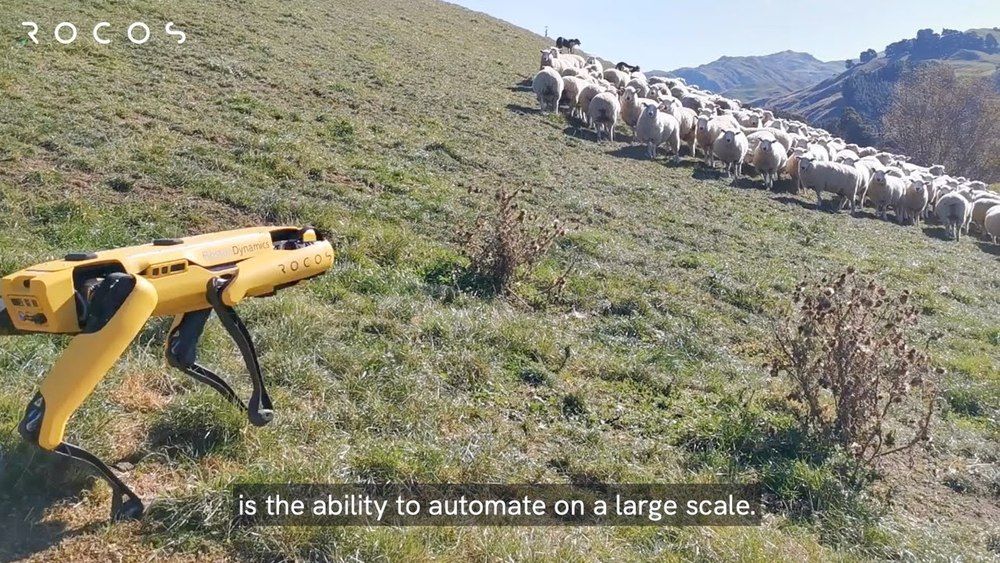Sep 26, 2020
Facebook wants to make AI better
Posted by Quinn Sena in categories: innovation, robotics/AI
The explosive successes of AI in the last decade or so are typically chalked up to lots of data and lots of computing power. But benchmarks also play a crucial role in driving progress—tests that researchers can pit their AI against to see how advanced it is. For example, ImageNet, a public data set of 14 million images, sets a target for image recognition. MNIST did the same for handwriting recognition and GLUE (General Language Understanding Evaluation) for natural-language processing, leading to breakthrough language models like GPT-3.
A fixed target soon gets overtaken. ImageNet is being updated and GLUE has been replaced by SuperGLUE, a set of harder linguistic tasks. Still, sooner or later researchers will report that their AI has reached superhuman levels, outperforming people in this or that challenge. And that’s a problem if we want benchmarks to keep driving progress.
So Facebook is releasing a new kind of test that pits AIs against humans who do their best to trip them up. Called Dynabench, the test will be as hard as people choose to make it.



